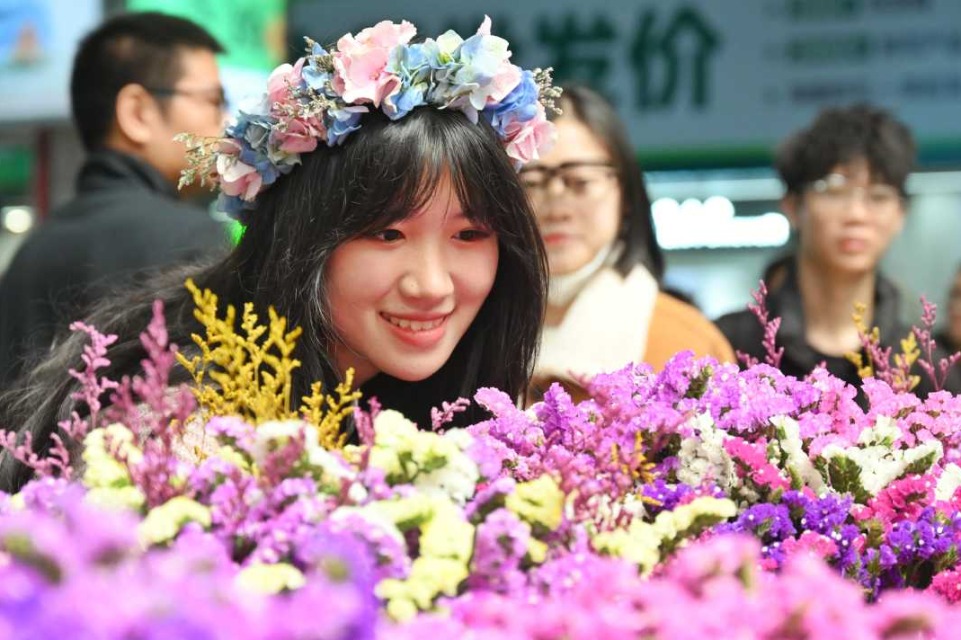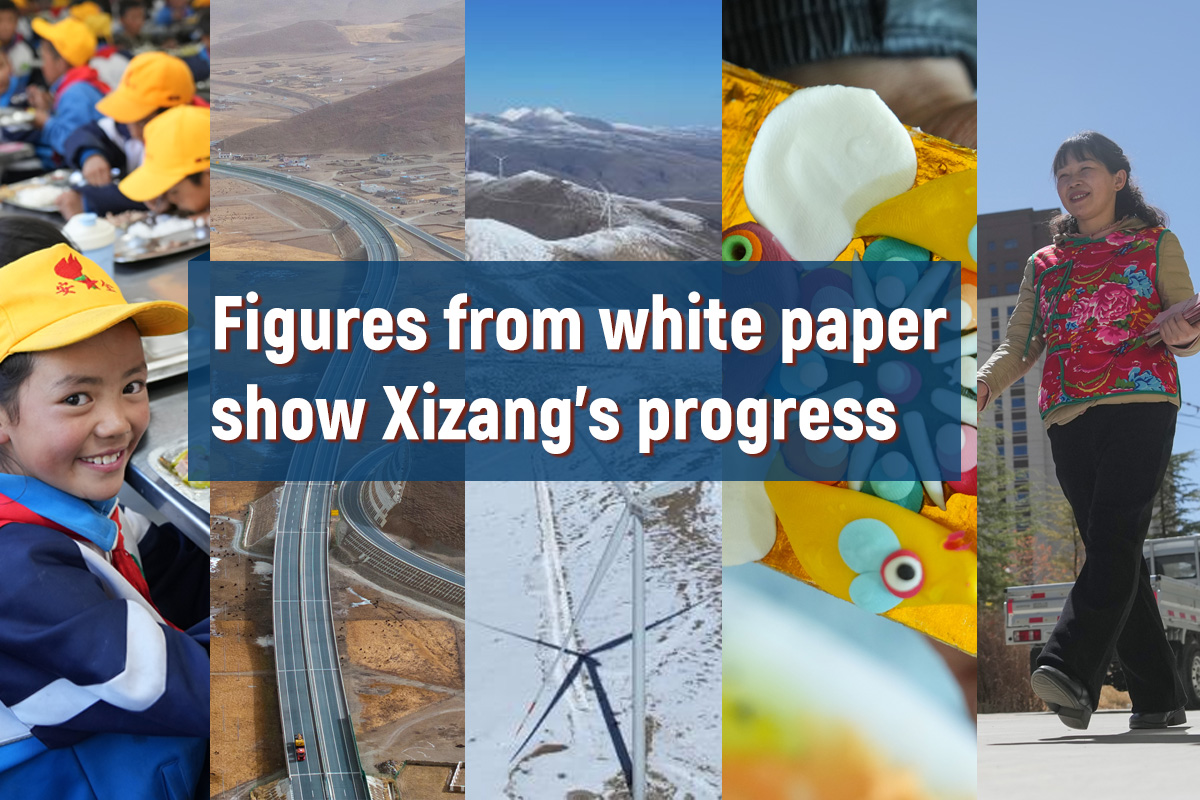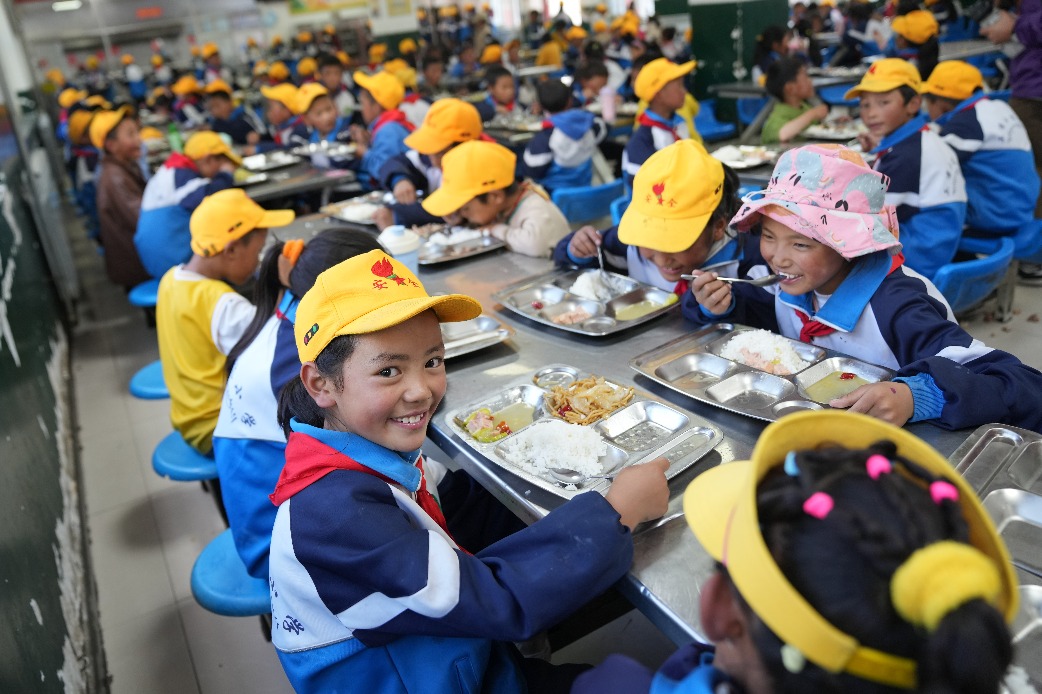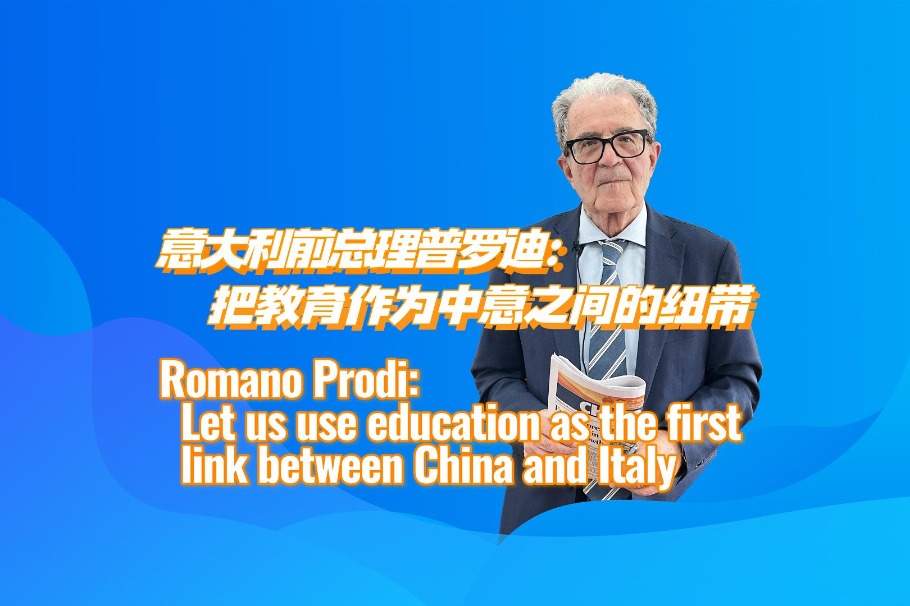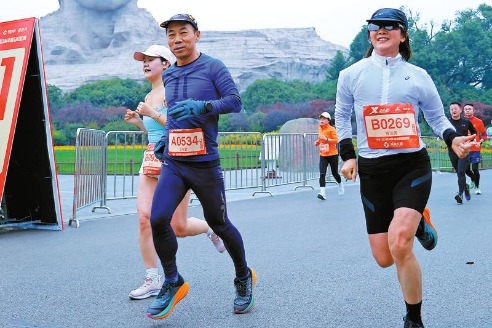Xi Jinping's Economic Thought steers China through challenges for sound journey ahead

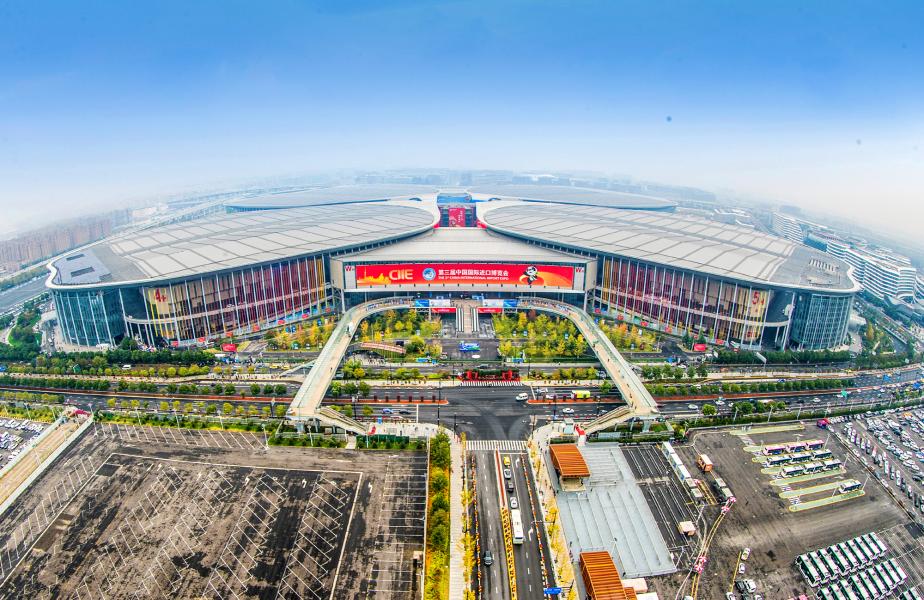
KEEP PACE WITH TIME
When the new development philosophy was put forward in 2015, China's economy registered a 6.9-percent growth year on year, the slowest annual expansion in a quarter of a century. Two years later at the 19th Communist Party of China (CPC) National Congress, Xi made an important judgment that the country's economy has been transitioning from a phase of rapid growth to a stage of high-quality development.
Since then, high-quality development has been taken as the fundamental requirement for authorities to make economic policies and exercise macroeconomic control.
Remarkable achievements have been made over the years, testifying to the viability and effectiveness of the thought in guiding China's economic work. Despite the challenges from deglobalization, protectionism, COVID-19 and others, the Chinese economy has grown close to 100 trillion yuan (about $15.27 trillion) with a per capita GDP exceeding $10,000, contributing about 30 percent to world economic growth.
China has become the only major economy in the world to achieve positive growth in 2020, boasts the world's largest middle-income population and contributes more than 70 percent of the global reduction in poverty by lifting hundreds of millions of people out of absolute poverty.
The new development philosophy featuring five development concepts has guided the drafting of the CPC Central Committee's proposals for formulating the 14th Five-Year Plan (2021-2025) for National Economic and Social Development and the Long-Range Objectives Through the Year 2035.
China should focus on promoting high-quality development during its 14th Five-Year Plan period, Xi said. This is based on the scientific assessment of the country's development situations.
Highlighting innovation as the "primary driving force," Xi said China needs scientific and technological solutions, more than ever, to boost economic and social development.
The country will uphold the central role of innovation in its modernization drive and take self-reliance in science and technology as a strategic underpinning for national development, according to the full text of the CPC Central Committee's development proposals.
The role of opening up is never insignificant. This year, Xi stressed on several occasions the need to foster a new development paradigm in which domestic and foreign markets can boost each other, with the domestic market as the mainstay.
Making the domestic market the mainstay does not mean China is developing its economy with the door closed, Xi told a symposium of entrepreneurs in July. By giving full play to the potential of the domestic market, both domestic and foreign markets can be better connected and utilized to realize robust and sustainable development, he said.
China has signed 201 cooperation deals on the Belt and Road Initiative with 138 countries and 31 international organizations. The country has also established 21 pilot free trade zones. Its global business environment ranking moved up to the 31st in 2020.
The country hopes to pursue high-level opening up and leverage the advantages of its huge market to promote international cooperation for win-win results in the span of the upcoming 14th Five-Year Plan. The aim is to turn the country's market into a market for the world, a market shared by all, and a market accessible to all.





















